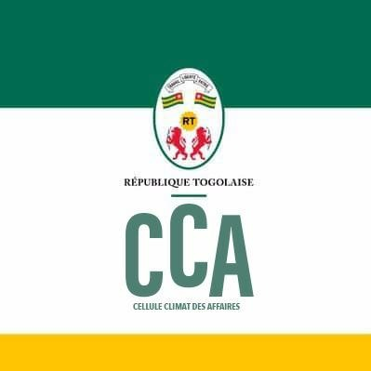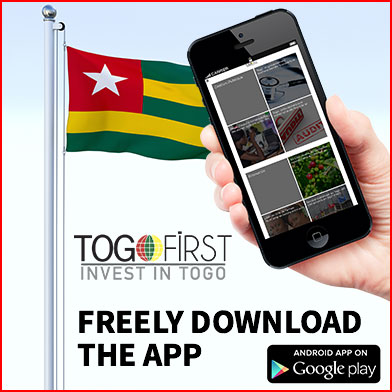WAEMU Market: Ivorian Investors Lead Togolese Domestic Debt Holdings

(Togo First) - From January to September 2024, Côte d'Ivoire financed the Togolese economy with CFA513 billion. According to the latest data from the WAEMU Securities market, this amount represented 24.8% of Togo’s domestic debt holdings. Ivorian investors were closely followed by Senegalese and Togolese investors, with 22.7% and 22.8% shares, respectively, amounting to CFA472 billion and CFA469 billion. The three countries represent nearly 70% of Togo's public securities issuance.
Benin and Burkina Faso are behind these leaders, with outstanding amounts of CFA269 billion and CFA240 billion, 13% and 11.6% of the total. In contrast, other WAEMU countries like Mali, Niger, and Guinea-Bissau accounted for less than 5% combined. As of the end of October 2024, Togo's total outstanding debt to regional investors reached CFA2,074 billion.
This concentration of creditors primarily from Côte d'Ivoire, Senegal, and Togo provides a stable source of financing for Lomé but also exposes the country to the economic conditions of these major economies and potential liquidity issues in their markets. The main holders of this debt include commercial banks, insurance companies, pension funds, and Sociétés de Gestion et d'Intermédiation (SGI).
In Côte d'Ivoire, significant players include Société Générale Côte d'Ivoire, Banque Atlantique, Banque Nationale d'Investissement (BNI), and Ecobank. In Senegal, key investors are Banque Internationale pour le Commerce et l'Industrie du Sénégal (BICIS) and Caisse des Dépôts et Consignations (CDC), while in Togo, Orabank Togo, Ecobank Togo, and Coris Bank are notable holders in the public securities portfolio.
Fiacre E. Kakpo

















